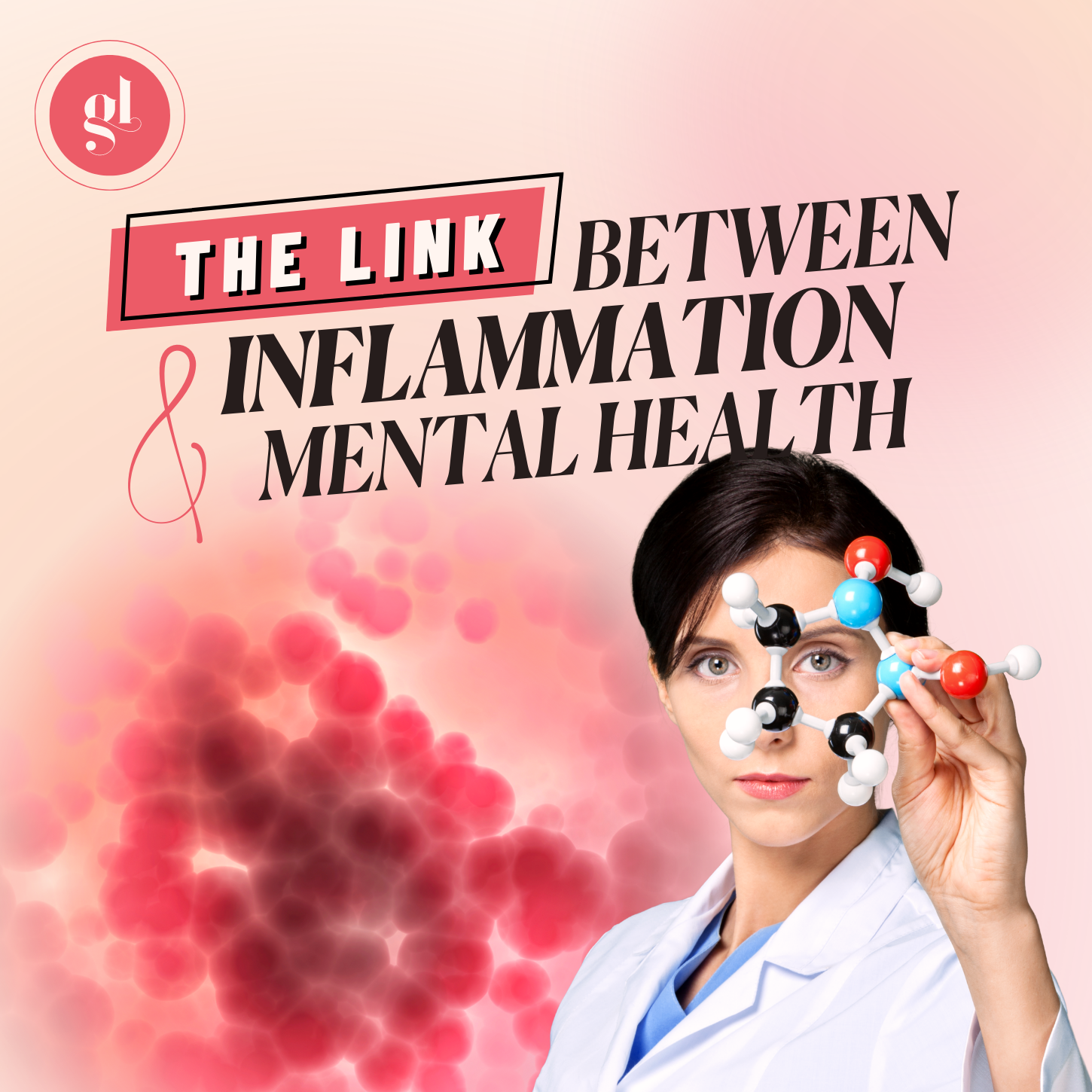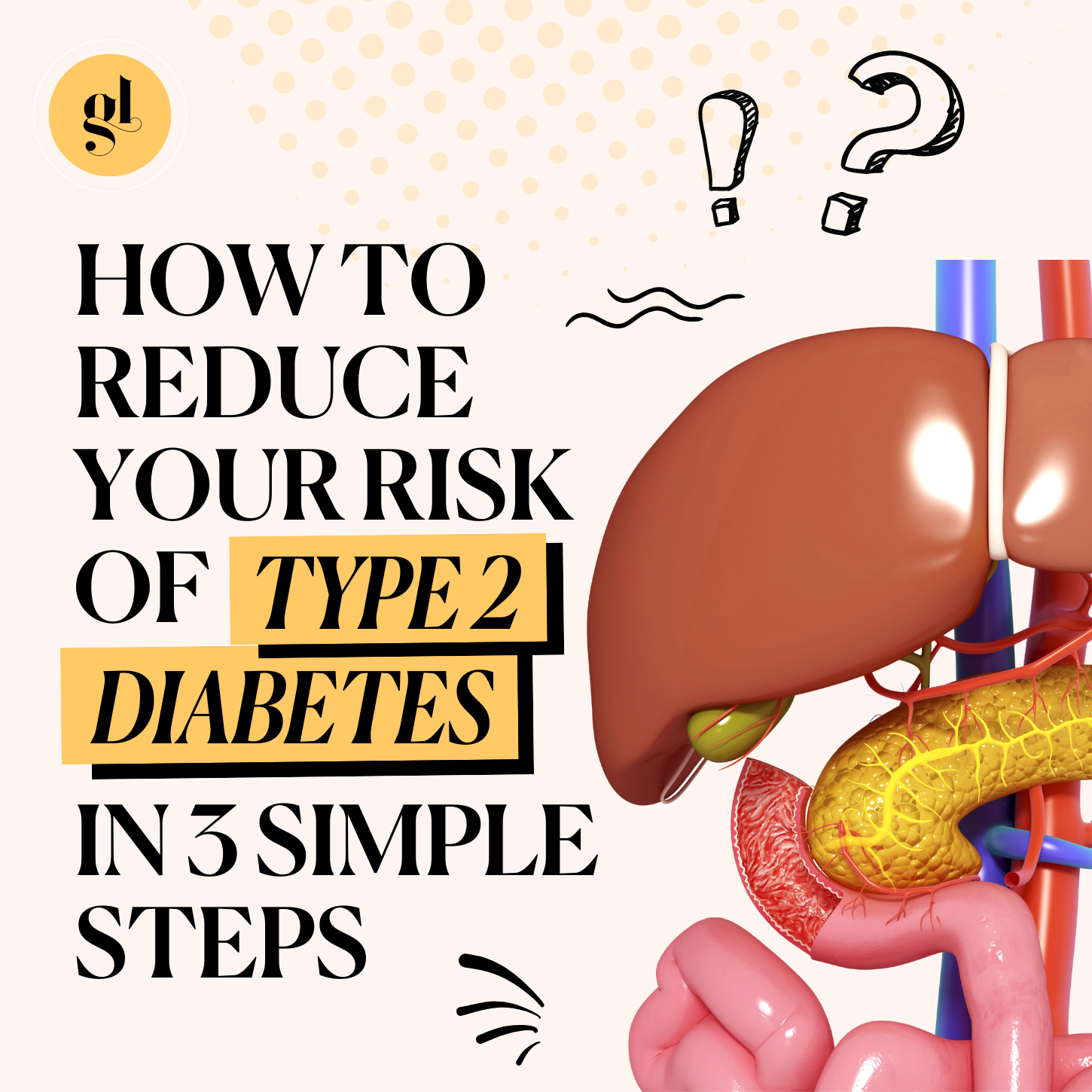Transcript: The Link Between Inflammation and Mental Health
Sarah:
Have you been feeling depressed lately? Anxious? Or perhaps you feel like your head is in a cloud and you can’t think straight?
You are not alone. Depression, brain fog, anxiety…these are symptoms that many people experience.
But they don’t have to be.
In the last couple of decades, science has made leaps and bounds in the field of mental health, and specifically in treating anxiety and depression. Did you know that between approximately 30 to 60% of people with depression don’t respond to antidepressants? This is because these disorders are not just the result of neurochemical imbalances.
What science has discovered is that mental health disorders have at their root cause, inflammation.
That’s right. They are now considered inflammatory disorders, disorders that stem from dysfunction and inflammation in our gut.
Dr. Will Bulsiewicz:
You can't separate the gut from the brain. And when we suffer from a damaged gut, a leaky gut, then we should expect that we're going to see consequences in the brain. Some of the consequences that we've seen that are associated with dysbiosis, or a leaky gut, are anxiety, depression, PTSD, autism, Parkinson's disease, Alzheimer's disease, just to name a few.
Sarah:
You may have heard of leaky gut before, but what actually is it? And what role does it play in the development of brain disorders such as anxiety and depression?Dr. Vincent Pedre:
Let me explain leaky gut. So imagine that your gut lining is one cell layer thick. Think of that as a coffee filter. So when you have a coffee filter, and you put the coffee grounds in, and then you run hot water through it. So imagine the coffee grounds are all the food that's getting digested in your gut and the coffee-infused water or all the digested nutrients, everything that's coming through the gut lining, getting filtered through.
So when that coffee filter is working perfectly, you've just got beautiful, dark, coffee-infused water on the other side and no coffee grounds. Now imagine you take that coffee filter and you pop tiny holes all over the coffee filter. And then again, you run hot water through, but this time you get coffee grounds coming through those little holes. Well, that's the idea behind the leaky gut.
Dr. Maura Henninger:
Inflammation in the gut is driven by a couple of things. One, something called leaky gut, second is dysbiosis, or an imbalance of your bacteria in the gut. So both of those things can cause inflammation and inflammation typically the mechanism that results in is called the release of LPS or lipopolysaccharides. Those can actually, again, cause miscommunication between the gut and the brain and so those inflammatory compounds are going to lead to anxiety, depression, and different symptoms. Also, things like brain fog, difficulty focusing and concentrating and so forth
Sarah:
So there you have it. Leaky gut, where the lining of your gut becomes porous and pathogens, bacteria, and food proteins escape through the wall of the intestines and enter the bloodstream, triggers an immune response.
This then causes widespread inflammation, including in the brain which can further lead to the breakdown of the blood-brain barrier (BBB), and result in what is referred to as a leaky brain.
Now toxins, harmful bacteria, and other pathogens are able to reach and affect the brain and may even trigger the development of certain diseases in those with genetic predispositions including depression, Alzheimer’s, and Parkinson’s disease as well as other memory and mood disorders.
Once you have inflammation in the brain, neural messages are not passed as fast. This is why your head feels foggy and you can’t string words together properly.
Dr. John Dempster:
We're also seeing a lot of inflammation and a lot of signs of leaky gut and intestinal permeability through some of this workup that we do with our patients. I can say over and over again that if we have somebody that comes in who's dealing with anxiety or depression or even schizophrenia or even autism, we're looking at that gut lining. We're looking at that gut function as the first and most critical important step to do.
Sarah:
So if you’re wondering where to start to address your gut health and reduce inflammation in both your gut and your brain, wonder no more.
The key is to start by testing.
Dr. John Dempster:
Some of the steps that we approach our patients with to help them restore balance is first of all we test, we don't guess. Even though we may have somebody that shows up and that has what seems to be very logical explanation, we want to make sure that we see the data and that we make a very logical decision based on that data. So we're running different types of tests that are measuring stool samples, that are looking for different types of microbial imbalances or inflammatory markers or digestive markers that are off. We're looking at different nutrient levels and measuring those. We're doing a full spectrum of a nutrient analysis, not just the basics.
Sarah:
Food intolerance testing can also be really helpful to determine how your body and your gut respond to food.
Of course, testing is just the beginning, but it is an effective way to identify the root cause of the inflammation in your gut.
So that’s it for today’s video. If you want to learn more about this gut-brain axis, then check out this video here where I share with you the top 7 ways you can support your mental health through diet.














What Do You Think? Comment Below: